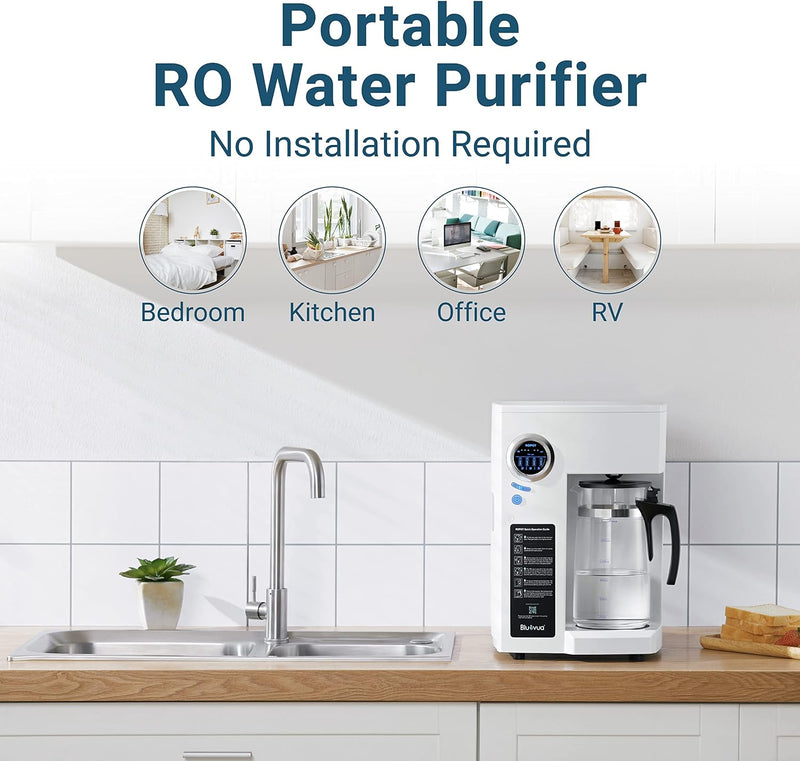Blog Information
- Posté par : Thaxton Reed
- Posté sur : Aug 30, 2024
- Vues 294
- Catégorie : Des voitures
- La description : The Science Behind Reverse Osmosis: How It Purifies Your Water
Aperçu
- The Science Behind Reverse Osmosis: How It Purifies Your Water
Water is essential for life, and ensuring its purity is crucial for health and well-being. One of the most effective methods for purifying water is through reverse osmosis water filter systems. This article delves into the science behind these systems, explaining how they work and why they are a popular choice for households worldwide.

What is Reverse Osmosis?
Reverse osmosis (RO) is a water purification process that removes contaminants from water by using a semi-permeable membrane. This membrane allows water molecules to pass through while blocking larger molecules and impurities. Have you ever wondered how this process effectively eliminates harmful substances? The answer lies in the pressure applied to the water, which forces it through the membrane, leaving behind unwanted particles.
How Do Reverse Osmosis Water Filter Systems Work?
The operation of reverse osmosis water filter systems can be broken down into several key steps:
- Pre-filtration: Before water reaches the RO membrane, it typically passes through pre-filters that remove larger particles, such as sediment and chlorine.
- Reverse Osmosis: The water is then pushed through the RO membrane under high pressure. This step is crucial, as it separates clean water from contaminants.
- Post-filtration: After the RO process, the water may go through additional filters to enhance taste and remove any remaining impurities.
- Storage: Finally, the purified water is stored in a tank, ready for use.
Benefits of Using Reverse Osmosis Water Filter Systems
There are numerous advantages to using reverse osmosis water filter systems:
- Effective Contaminant Removal: RO systems can remove up to 99% of dissolved salts, bacteria, and other impurities.
- Improved Taste: By eliminating chlorine and other chemicals, RO systems enhance the taste of drinking water.
- Cost-Effective: Although the initial investment may be higher, RO systems can save money in the long run by reducing the need for bottled water.
- Environmental Impact: Using an RO system reduces plastic waste associated with bottled water.
Considerations When Choosing a Reverse Osmosis Water Filter System
When selecting a reverse osmosis water filter system, consider the following factors:
- Water Quality: Test your water to understand the contaminants present and choose a system that effectively addresses them.
- System Capacity: Ensure the system can meet your household's water needs.
- Maintenance Requirements: Regular maintenance is essential for optimal performance, so consider systems that are easy to maintain.
In conclusion, reverse osmosis water filter systems offer a reliable solution for purifying drinking water. By understanding the science behind this technology, you can make informed decisions about your water quality and health. Whether you are concerned about contaminants or simply want better-tasting water, an RO system may be the right choice for you.
